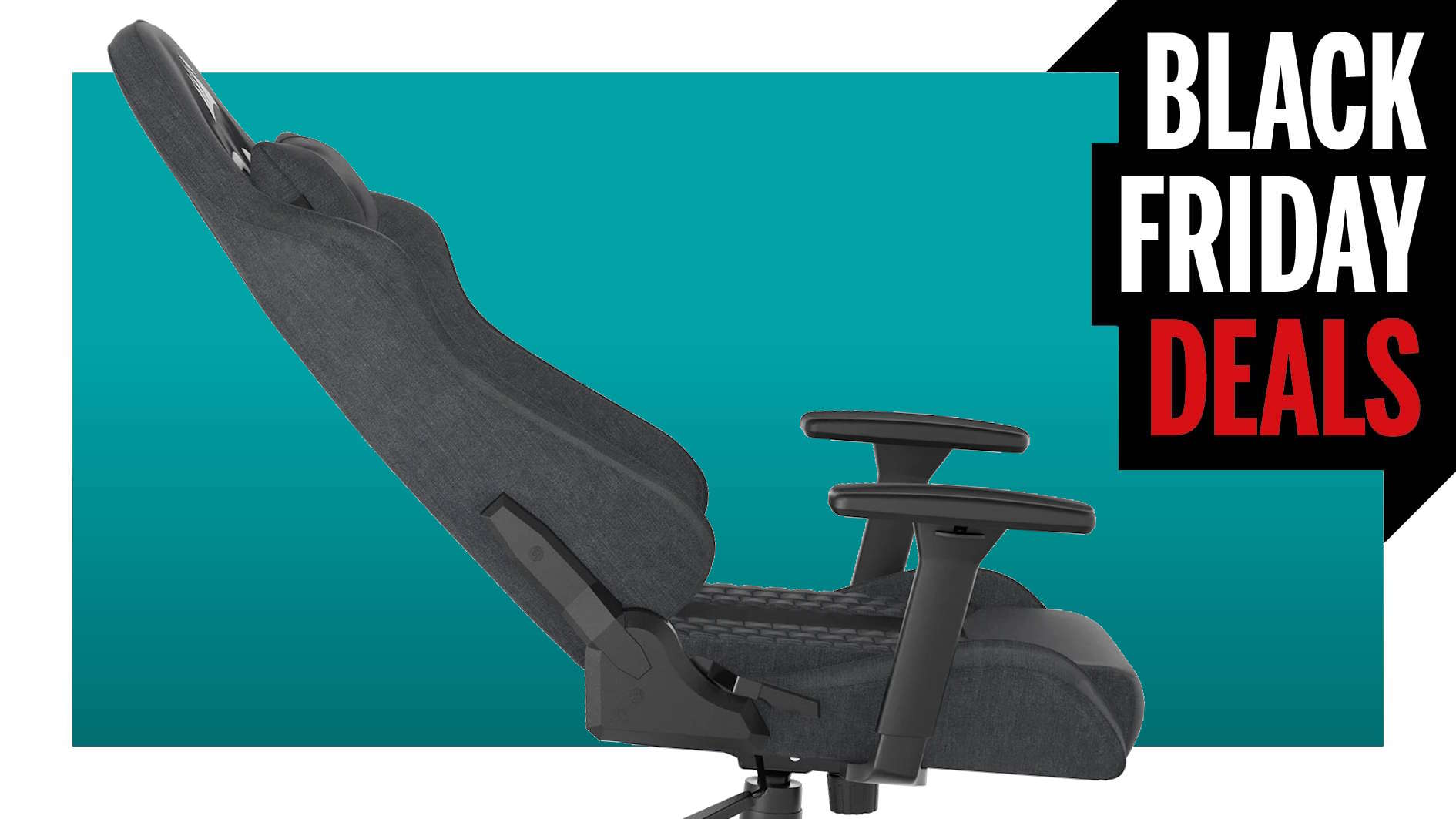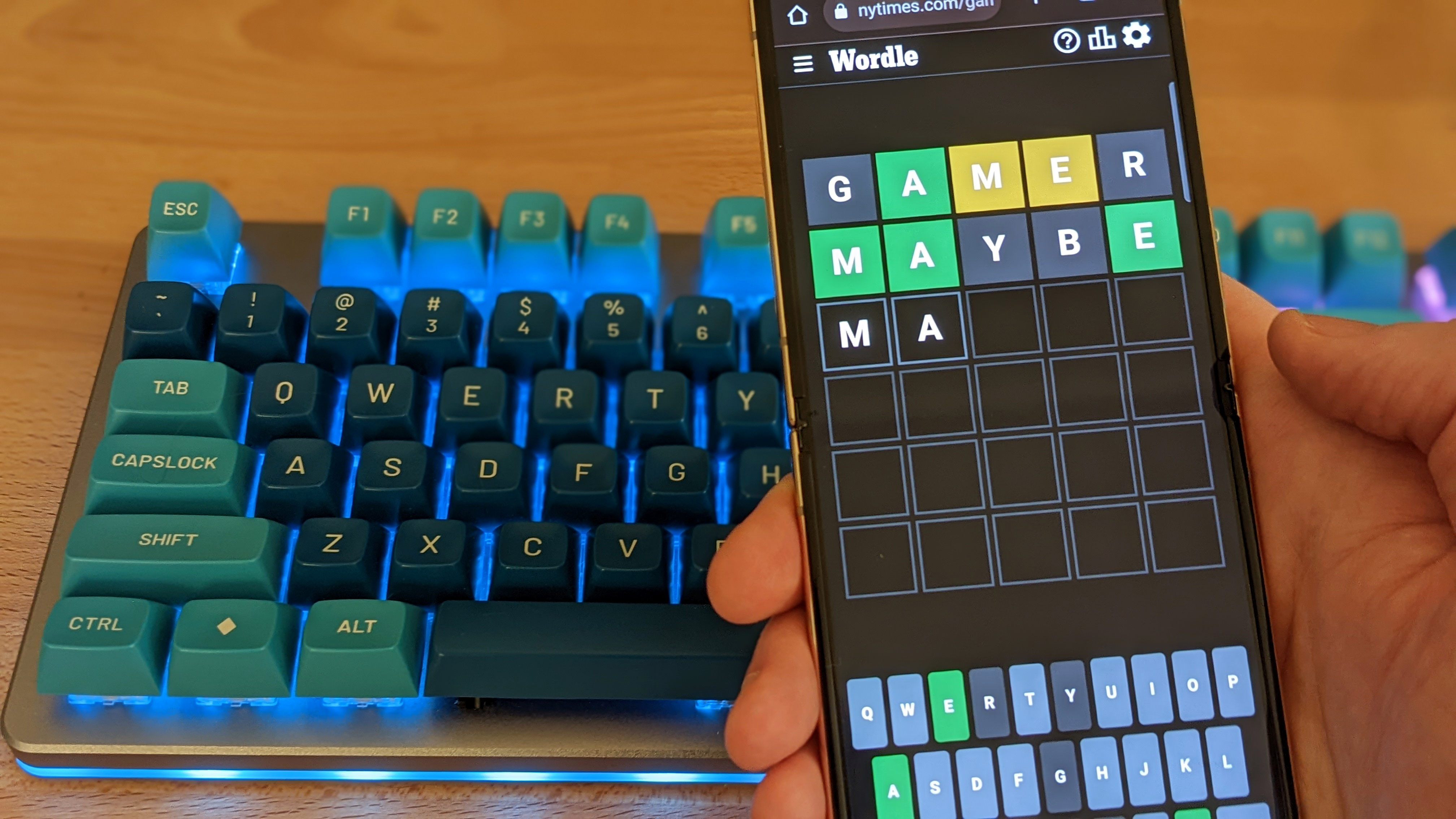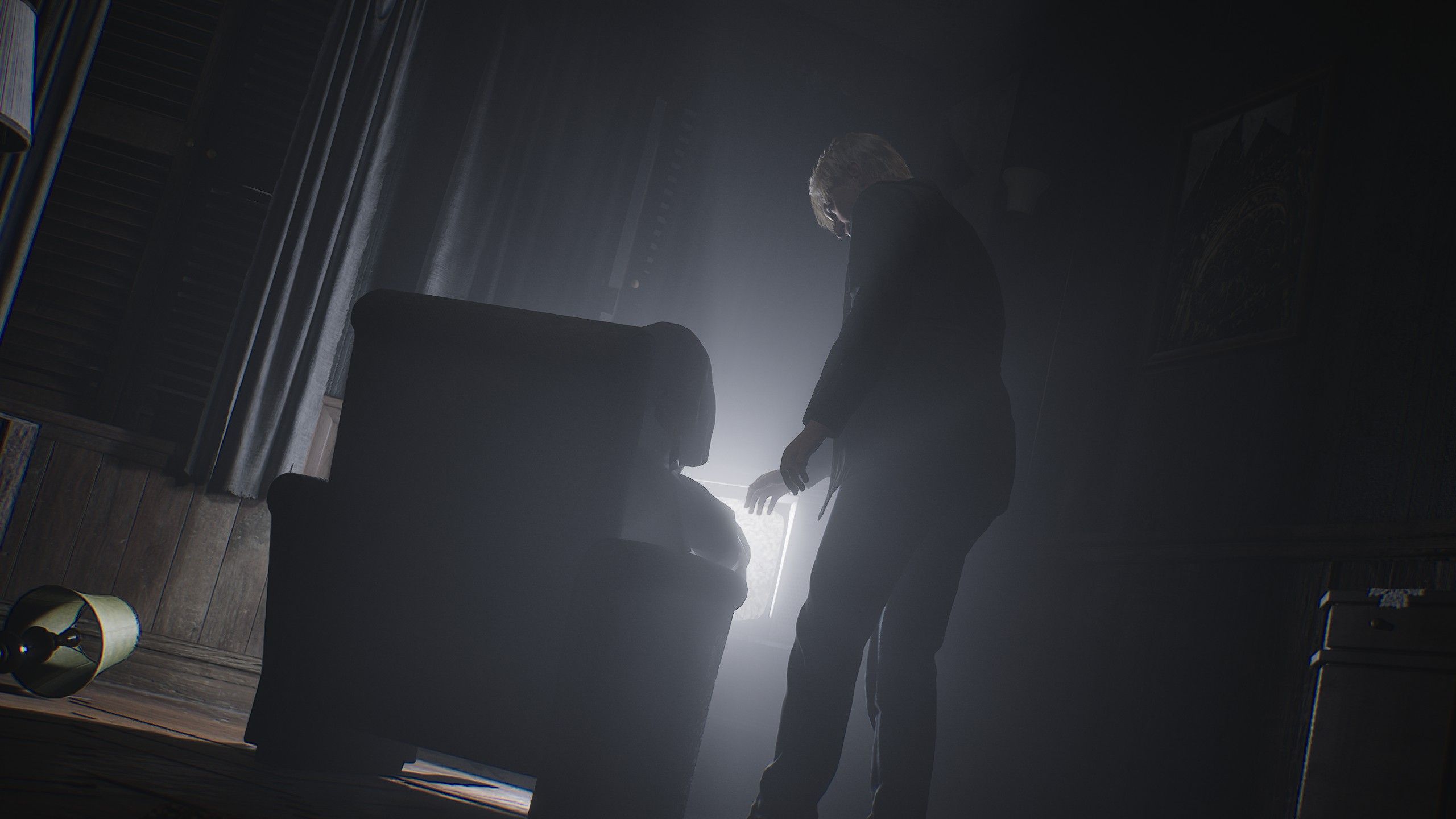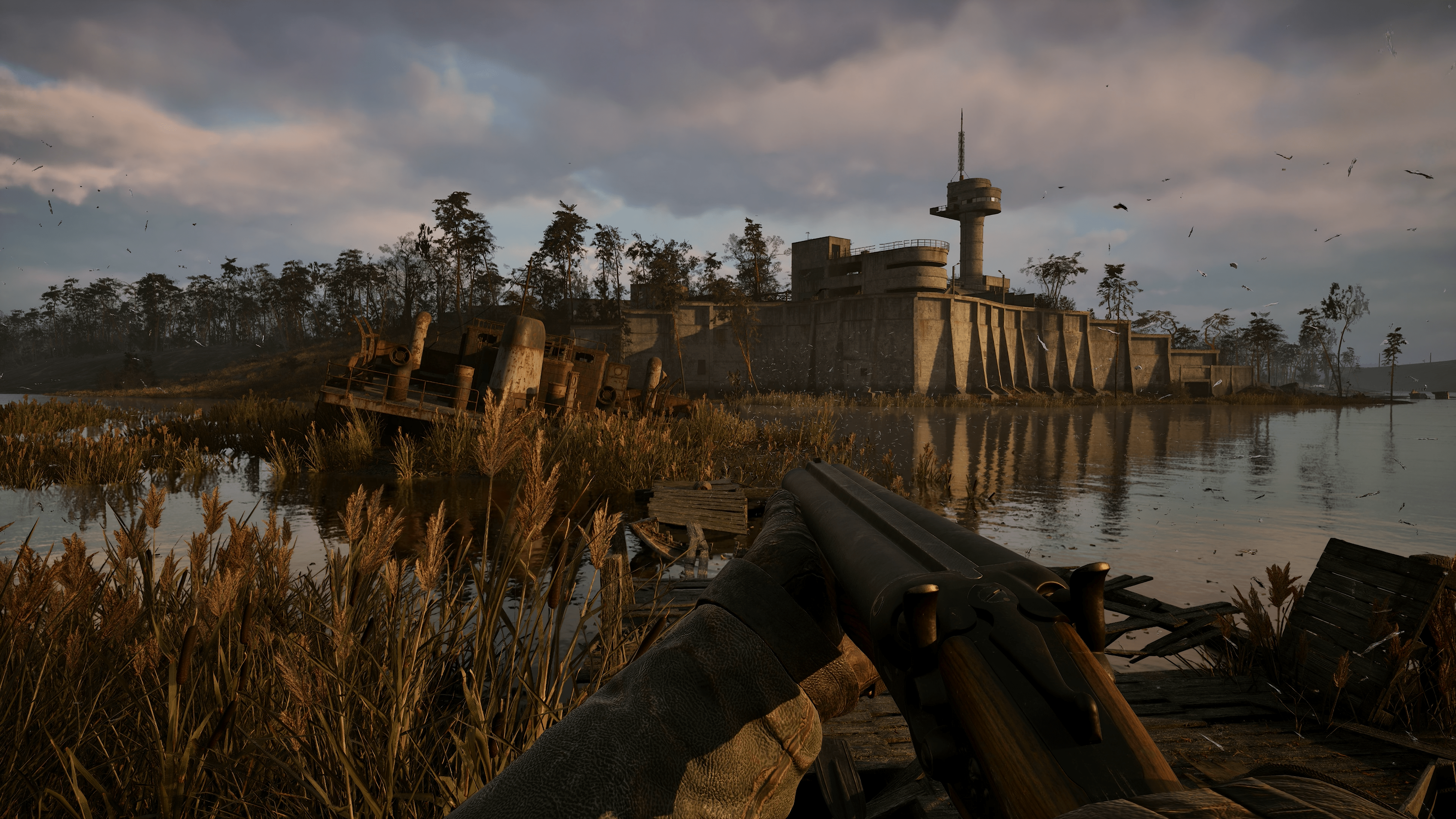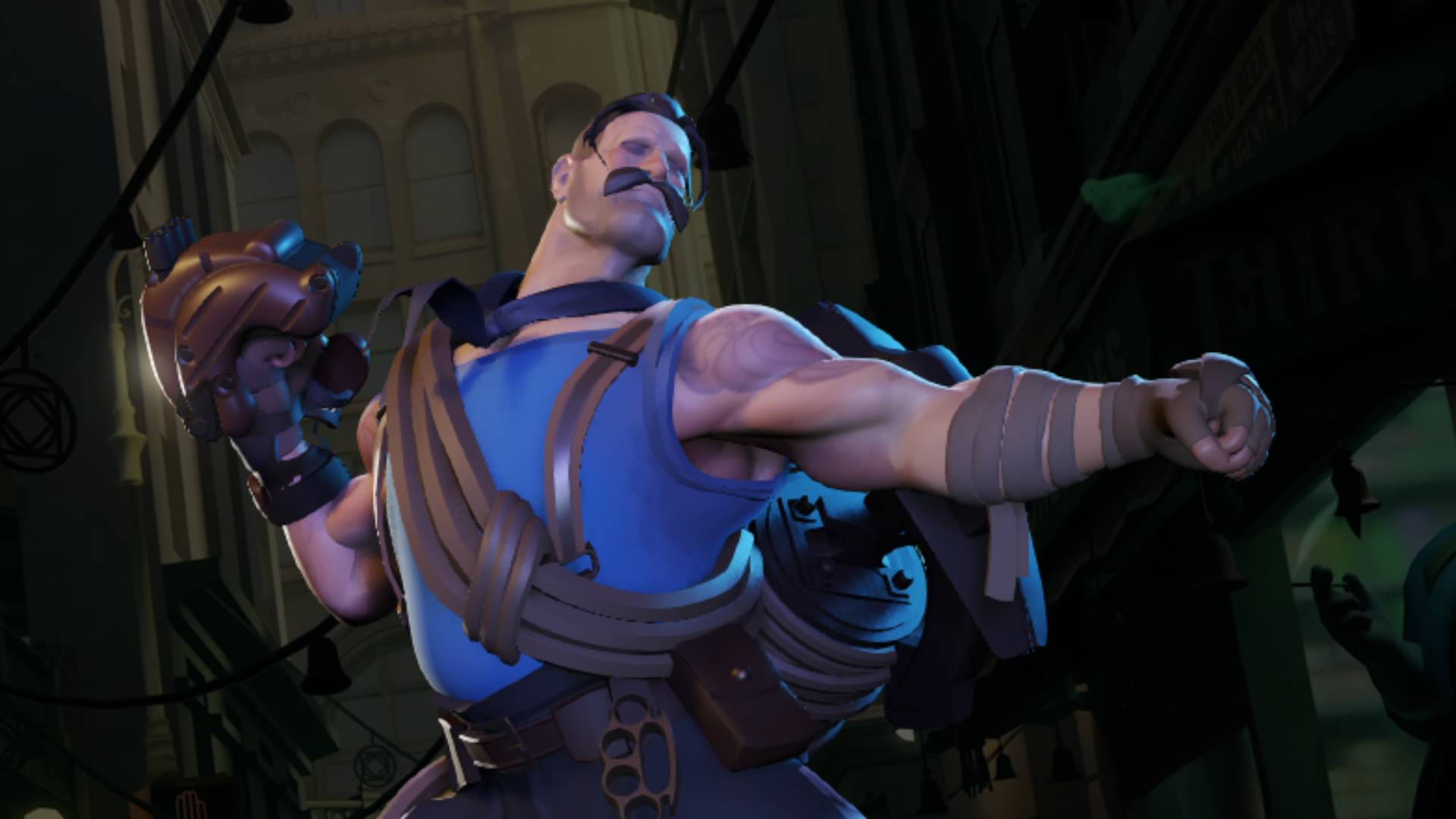
A little game sense goes a long way.
If you’re here, reading this now, then chances are quite high you’re a shooter fan who’s looked at this fancy Deadlock thing everyone’s playing, and you’d like a slice of the proverbial hero shooter pie. You get your mate to invite you, you queue for a match, and aw nuts. There’s creeps, I’m in a lane. I’ve been tricked into playing a MOBA again.
While it’s true that Deadlock is more MOBA than hero shooter, that doesn’t mean its shooter elements are irrelevant. As a matter of fact, they’re quite important. Laning is basically a competitive aim trainer, there’s a ton of movement tech, and if your aim is good you’ll be carried a long way.
But if you’re like several members of the PC Gamer team, you’ll be very familiar with shooters and unfamiliar with MOBAs—so while you might pop off a few headshots or have great tracking, you might also find yourself slamming into a wall of frustration as you lose games anyway.
As someone who sank about 2,000 hours into Dota 2 back in the 2010s, I gained at the very least a solid handle on the basics (if you’re wondering why I’m not calling myself good, then you’ve not played a MOBA). I’m about to pass on that modicum of knowledge to you, dear reader, so that you can start practising your fundamentals right away.
Last hitting is vital, and Souls are king
(Image credit: Valve)
Being a MOBA, the early game of any Deadlock match decides the pace of the whole thing—which means that last hitting isn’t just important, it’s mandatory. Your baseline behaviour in lane should be to get every last hit you can, while also denying your enemies. I’m going to assume you’ve read the tutorial, but for a quick refresher: Kill enemy troops, when the orb pops out, shoot that.
As for why doing this is vital: Souls are everything in this game—more important than your KDA by a longshot. In RPG terms, they fulfil the role of both cash and XP, allowing you to buy powerful items while also increasing your overall stats. In other words, you need to adjust your play based on Soul totals, which you can see via the UI down below—as in, the numbers under the hero portraits.
(Image credit: Valve)
Is your enemy in-lane getting more Souls than you? Chances are, you’ll struggle to take them in a one-on-one fight. Have you put them significantly behind? Then press the advantage and play aggressively. If you die a couple times, stop holding down tab and mourning your deaths, and focus on farming while playing defensive—your objective is now to wring as much as you can out of a scuffed lane.
You should still try not to die, though, obviously. Every death you suffer gives more Souls—more items, and more power—to the enemy team. That enemy hero who dumpsters you probably isn’t overpowered, they were just fed: Once you get a handle on things you can get away with being aggro, but while you’re still getting your feet wet, “better safe than sorry” rings true.
Pressure is more important than frags
(Image credit: Valve)
Abilities don’t cost mana in Deadlock—they just have a cooldown. In other words, you shouldn’t only be using your abilities when you have a chance at killing somebody, you should also be using them to apply pressure in your lanes.
That’s because, in the early game, health is your primary resource in Deadlock. It’s what allows you to trade blows, stick your head out of cover for last hits, or dive on enemies. Any moves you can make to passively knock your enemy’s health down (while keeping yours up) puts you in an advantageous position.
While build guides are handy, if you’re getting pressured, consider grabbing items like Healing Rite or Extra Regen. You can always sell them later, but they can help you stay in a tough lane and—as we’ve discussed—squeeze as much farm as you can get out of a bad situation.
Otherwise: Throw your Seven orbs, huck your bombs, slap people with your crows, go for hooks that don’t lead anywhere—any time you have an opportunity to chip away, try to take it. If you send your opponent back to base for a heal, that’s almost as good as straight-up killing them, because the time they spend healing up is time you can spend last-hitting, further establishing your Soul lead.
Watch where you’re standing
(Image credit: Valve)
Deadlock, like most MOBAs, is a game with a lot of crowd control and stuns in it. As such, good positioning is everything.
It’ll take you a while to get used to this, but it’s good to start building up your instincts now. Does your enemy team have a Dynamo in it? Spread out a little while you’re pushing. Are you up against an enemy Haze as a Vindicta? Make sure not to hang too far back, so she can’t circle around and melt you as your allies focus on pushes.
Where you stand matters about as much as how you shoot. This goes for the laning phase, too—cover is vital, and unless you’re going in for the kill, you should always be looking for opportunities to make your hitbox smaller.
Your minimap is your best friend
(Image credit: Valve)
Your minimap is your dearest ally in Deadlock. Seasoned MOBA players will have this instinct already, but it’s a hard one to train up. Get into the habit of peeking down at it every few seconds to get a lay of the land—even a glimpse can give you a whole bundle of tactical information.
For instance, you can avoid many untimely deaths by simply looking at your map, recognising that no-one on the enemy team is visible on it, and refusing to be there when the gank squad arrives to kill you. In other words, a quiet minimap should send a chill down your spine. This is especially important if you’re pushing a lane, or if the Mid Boss is up. Often, the conspicuous absence of five alive enemy team members will be enough to let you know they’re making an attempt.
(Image credit: Valve)
It’s also best to keep in mind that your enemy has the same kind of information advantage you do—whenever you hop in front of their enemy troops, they can see your dumb little face mosey across their radar. If you want to sneak up on your enemies, make sure to take “quieter” routes.
Conversely, the minimap also gives you info on where’s best to spend your downtime. Because Souls are so important, if you’re not fighting the enemy or getting an objective, you should be raking in that money. Cut down on your aimless wandering by defending lanes for some easy farm, or cutting through “jungle” camps (those one-eyed little freaks in between lanes) for some pocket change.
Got a few kills? Go take an objective
(Image credit: Valve)
This, by far, is the thing inexperienced players do the least—but if you’ve knocked out your enemies for 20 to 40 seconds, your next play should almost always be to hit an objective, hard.
Objectives in Deadlock not only give your team a bounty of Souls, they also unlock Flex Slots which, if you have them and the enemy team doesn’t, are massive power increases. As it stands, Deadlock doesn’t have a “buyback” system where you can cash out to instantly respawn, so securing a couple of important kills is the best way to make your next push go smoothly.
Conversely, this is why it’s extra important to not just die for no reason, especially in the late game. When your respawn timer starts hitting 30 seconds or higher, every random death you suffer while pushing out a lane on your own is a golden opportunity for your opponents to take a Walker, Guardian, or Shrine. Don’t get got.
Start taking inventory
(Image credit: Valve)
There are a lot of items in Deadlock—enough to make your head spin—and while you should focus on the community builds, it’s important to experiment now and then with specific situational gets that can be a hard counter to some of the game’s most annoying foes.
The spirit item Ethereal Shift, for example, can be a lifesaver when it comes to enemies with powerful ults such as Haze. Pop this bad boy, and suddenly she can’t touch you—similarly, the spirit item Decay and the vitality item Healbane can be great against self-healing heroes like Abrams. The Knockdown item can also interrupt Seven’s ult, but you didn’t hear that from me.
This is by far the hardest knowledge check for beginner players, so don’t worry too much, but if you’re struggling against a particular hero—try to think about what they’d struggle with and adjust your build accordingly.
Don’t worry, you’ll lock in eventually
(Image credit: Valve)
The biggest piece of advice I can give to MOBA greenhorns, though, is to not sweat your losses too much. MOBAs are like fighting games in that every stomp you suffer can be informative. It can teach you about match-ups, give you intel on a good item to counter your enemies, or show you new techniques.
You will, on the whole, develop a natural instinct for a lot of these things in time. I myself am not a great shooter player, but I’ve won games against people who have crushed me in the last-hitting aim game simply because I’ve proceeded to play conservative, snag Souls when I can, and contribute to team brawls at a safe distance. Keep a cool head on your shoulders, and you’ll be deathballing scrubs in no time.
